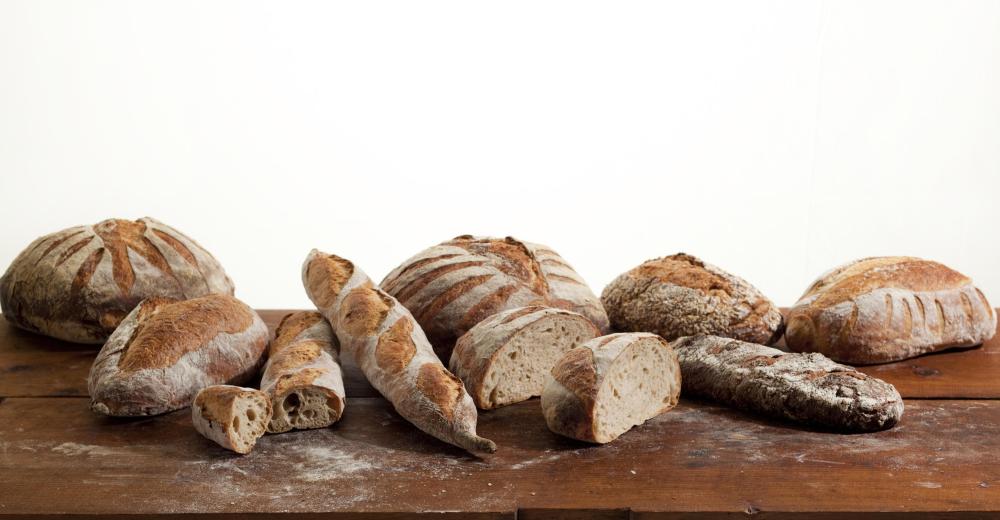In the bakery sector, features like flavour and texture constitute crucial factors which drive repeat purchases. But as consumer interest in healthier ingredients, veganism, reduced sugar, and clean label products continuously grows, so does the desire for healthier alternatives.
Concerns for the environment drives vegan trend
The global vegan pastry market is estimated to be growing at a steady 6.2% CAGR (2023-2033). Main reasons for adopting a vegan diet include the disbelief that dairy is healthy (65%), concerns for the environment (62%), and concerns for animal welfare (53%). Thus, demand for products that carry a vegan certification is ever-growing. As a result, 28% of global consumers say that vegan labels appeal to them when looking for bakery goods like cakes and pastries. Additionally, 17% of global consumers say they appreciate labels on product packaging that signal them to be vegan-friendly.

Reduced sugar
Over the last few years, consumers have developed a greater awareness of health and gained a desire to act to address health concerns. Too much sugar might lead to weight gain. Being overweight increases the risk of acquiring health problems such as heart disease, cancer, and type 2 diabetes. The global reduced sugar food and beverages market is expected to register a CAGR of 8.9% between 2022 and 2030. Therefore, it may not be surprising to read that 56% of global consumers say that their attitude towards sugar has changed in the last couple of years. This is further supported by the fact that 53% of global consumers keep track of how much sugar they consume. Additionally, 38% of global consumers say that they actively seek out low or reduced-sugar options when purchasing food and drinks. In cakes and pastries, 40% of global consumers say that reduced sugar claims are influential attributes when deciding whether food and drink is good value for money.
Clean label
44% of global consumers have reportedly come across the term "clean label." Of those who say they have heard of the phrase, consumers are most likely to associate such products with being natural (68%), containing recognized ingredients (63%), providing transparency regarding the sourcing of ingredients (61%), and being additive-free (58%). When purchasing bakery products, consumers are becoming increasingly attentive to the ingredients being used. Non-GMO claims are attractive to 67% of global consumers, followed by natural claims (66%) and organic claims (28%). Products with these claims are associated with several benefits, including being safer, healthier, higher quality, more reliable, and better for the environment. These advantages have grown significantly in importance to consumers over the past few years.





